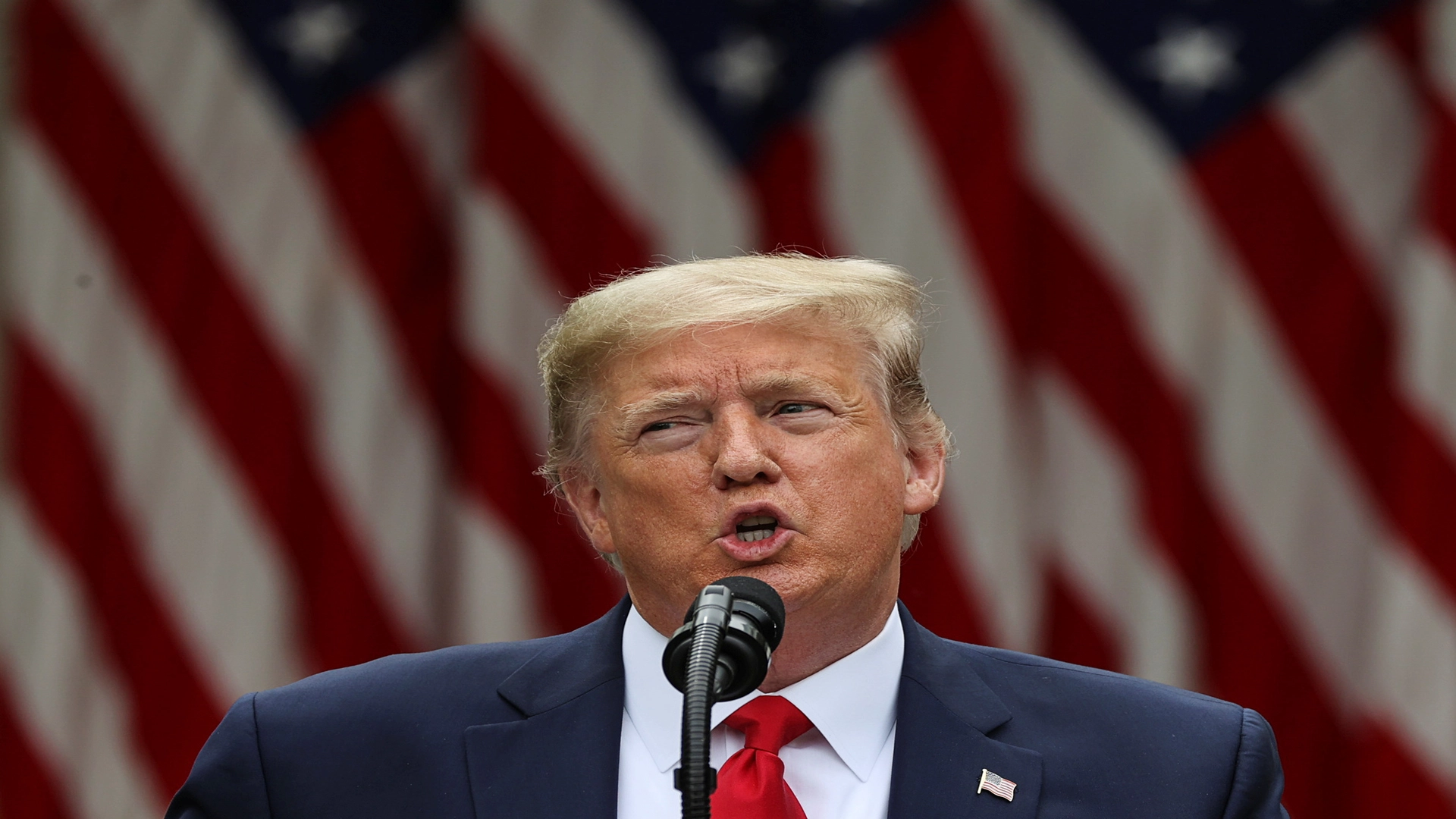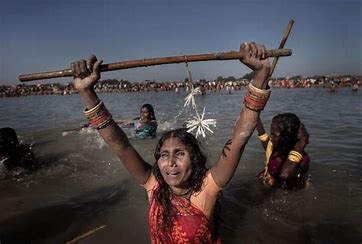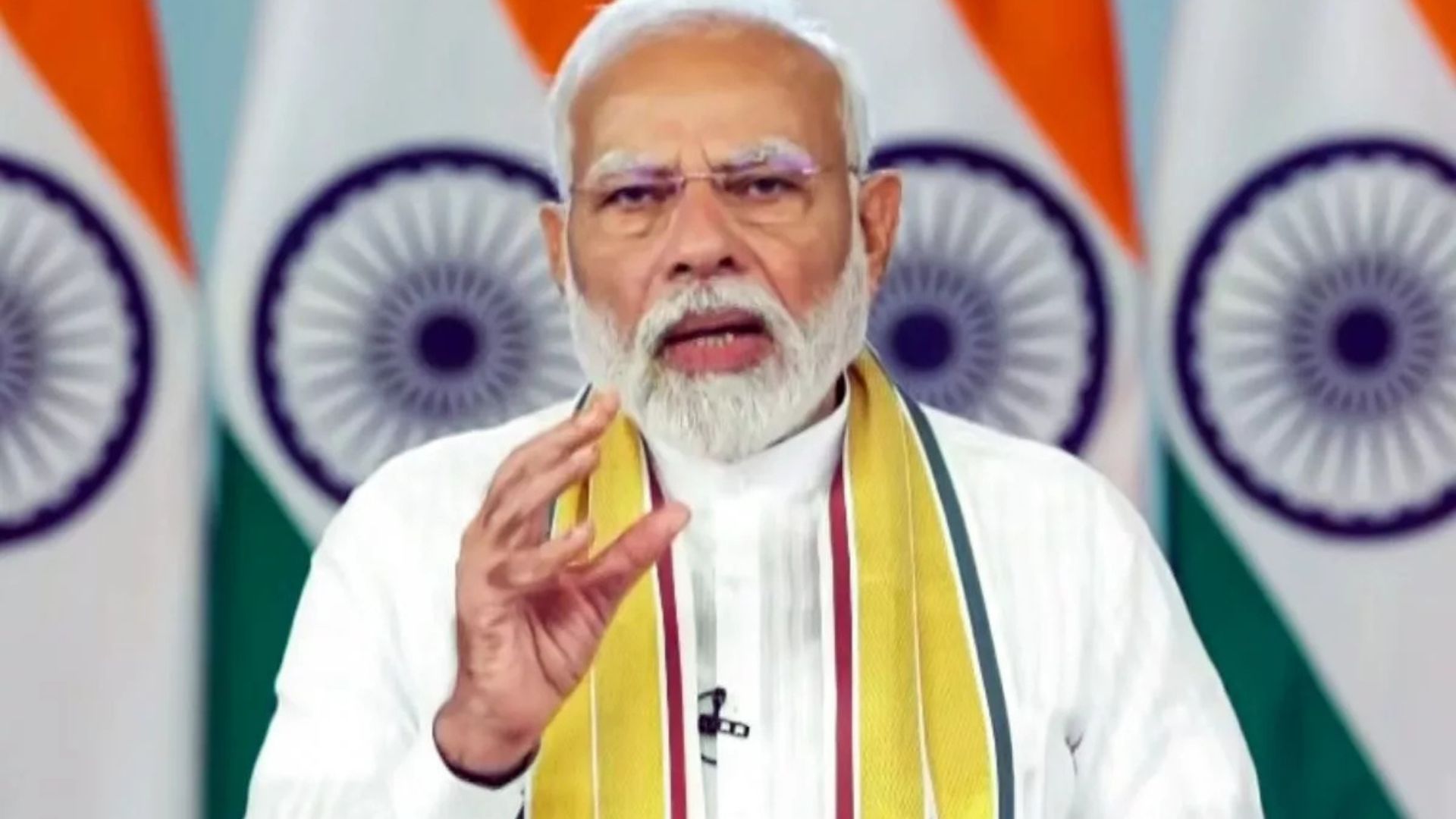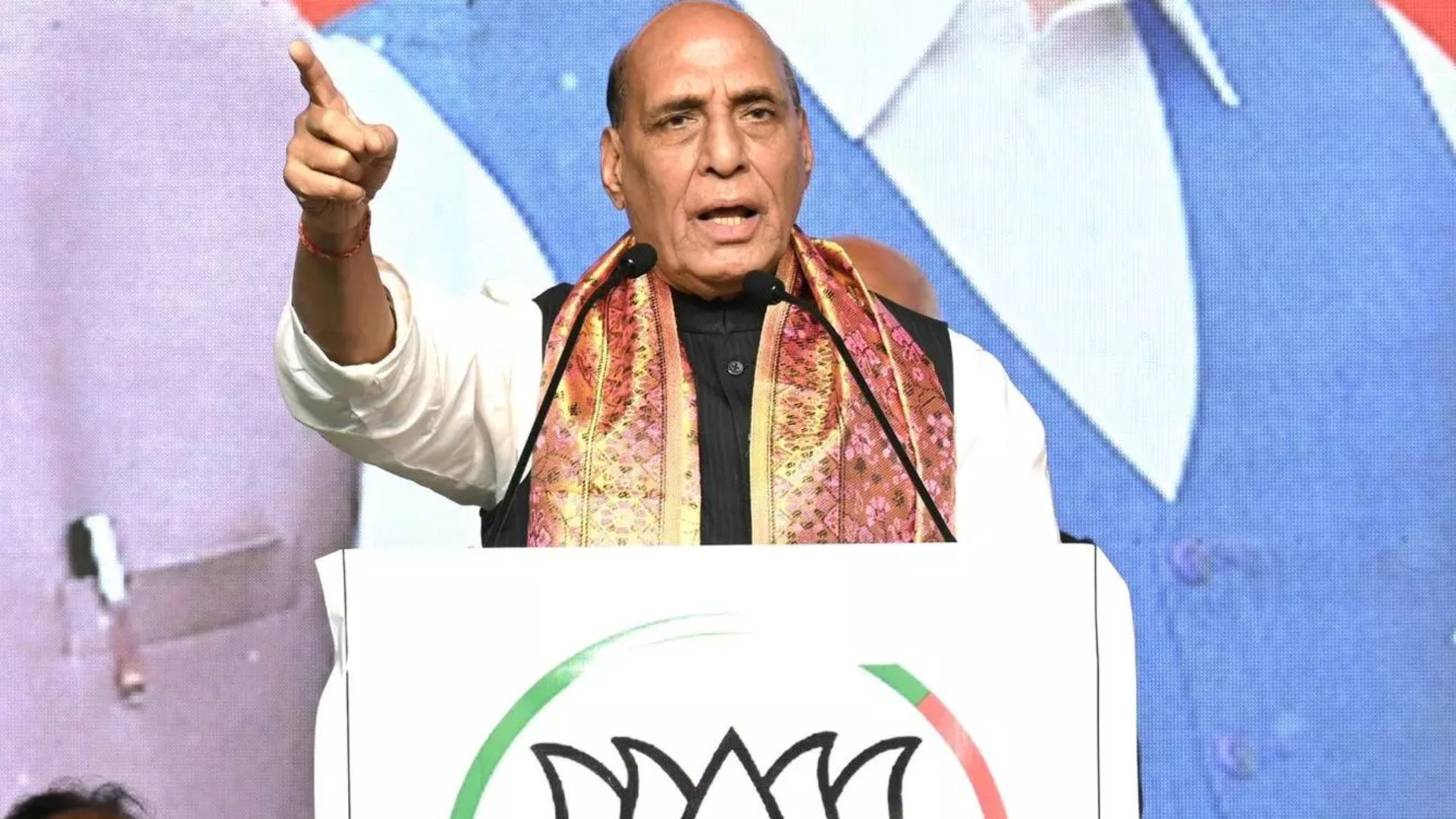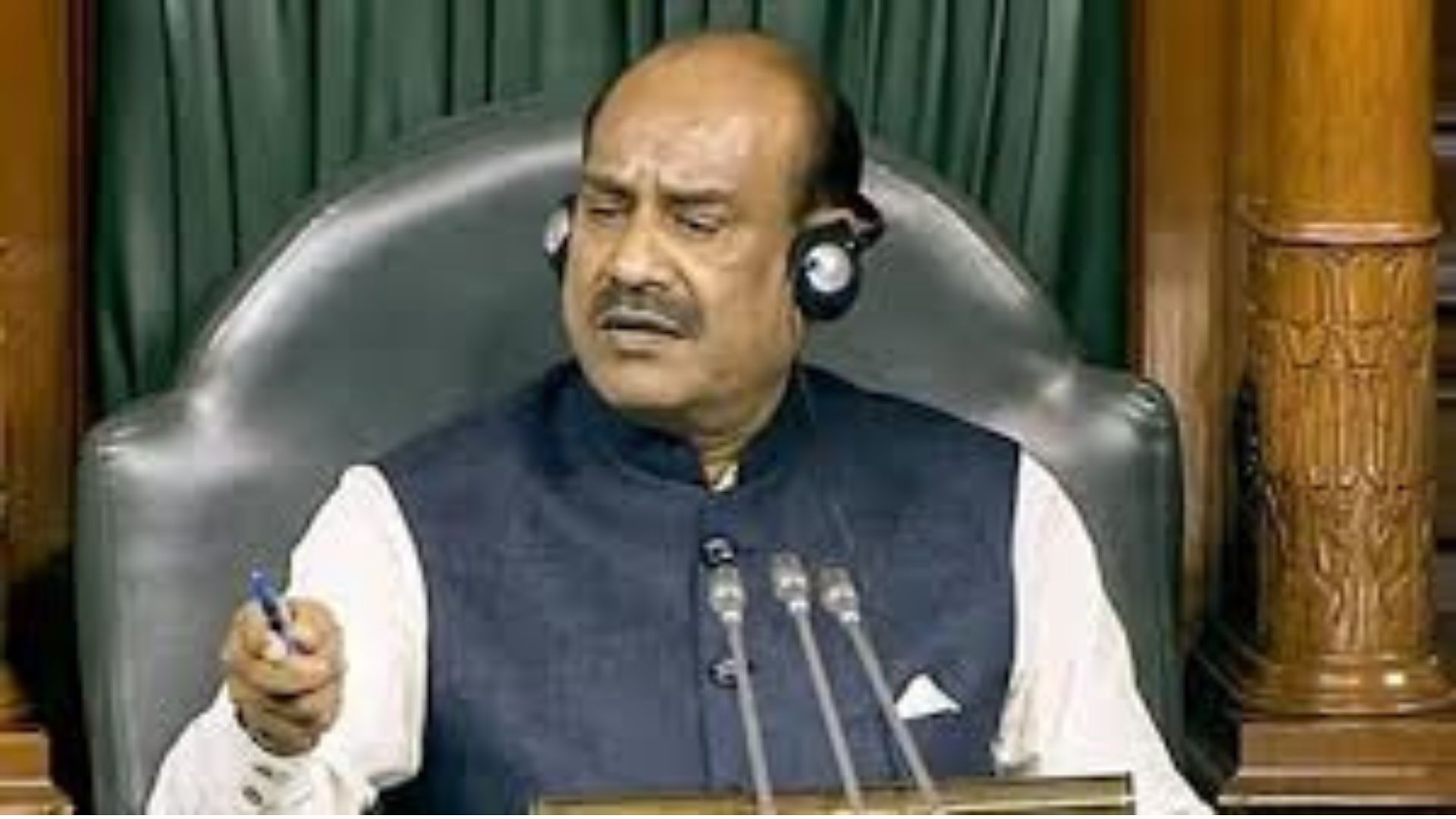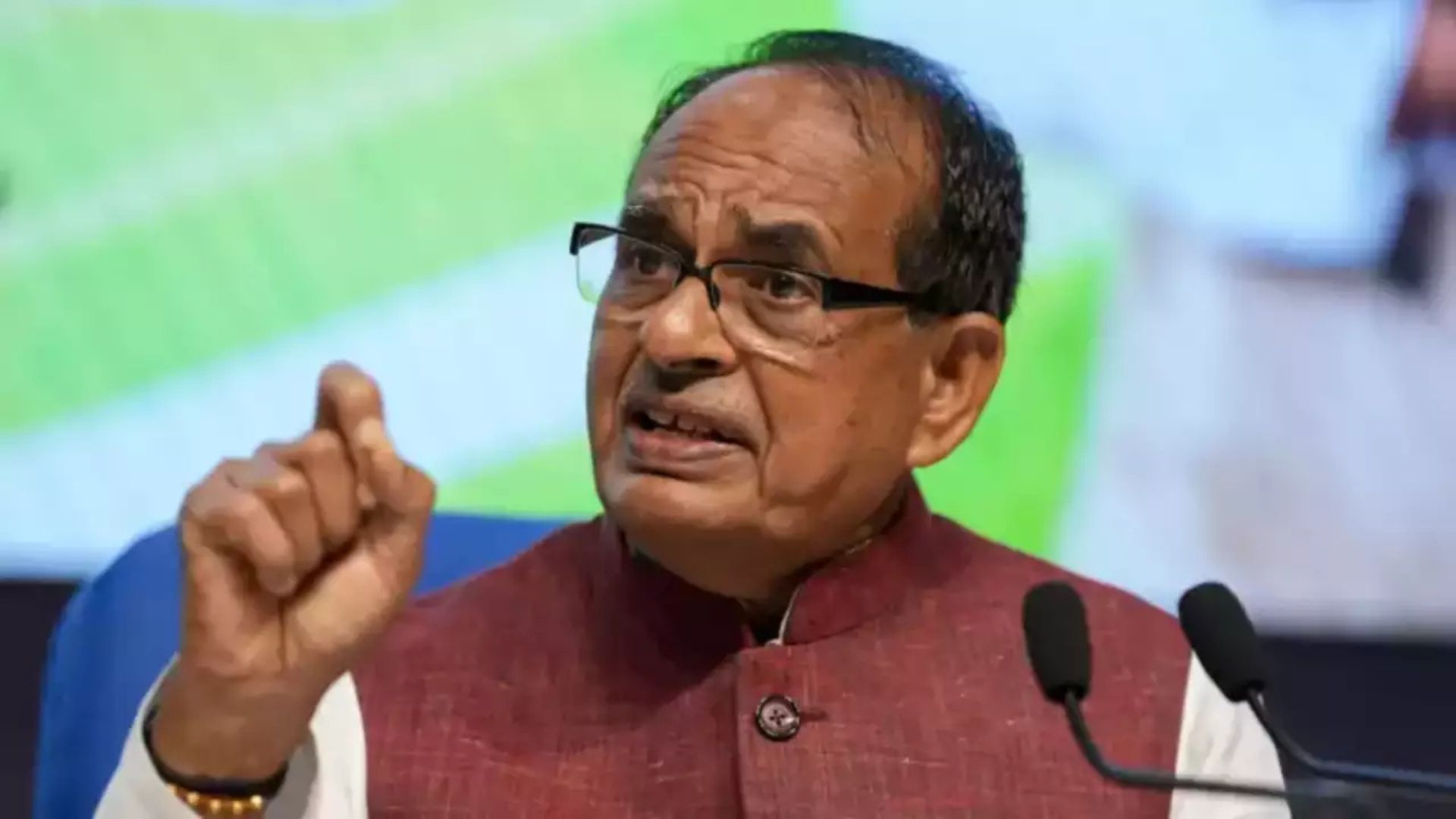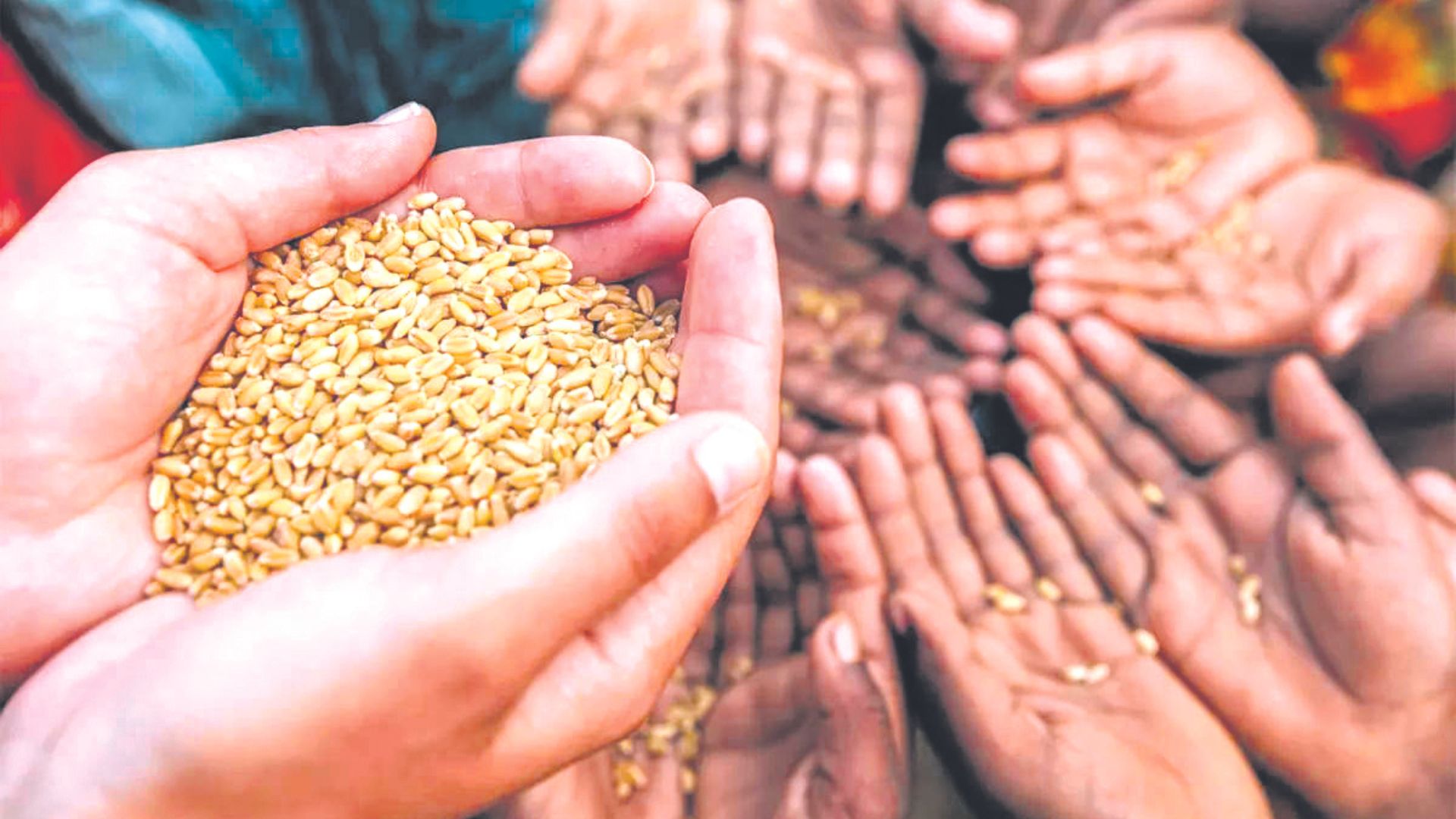
The Modi government’s comprehensive strategy for tackling fundamental aspects of development such as food security (Roti), clothing (Kapda), housing (Makaan), science and technology (Vigyan), and self-respect (Aatmasamman) stands as a remarkable example of effective policymaking. These initiatives have not only brought about socio-economic transformation but have also significantly contributed to the nation’s advancement. The Modi government has aimed to uplift and empower every section of society. Under the leadership of Prime Minister Narendra Modi, the Government of India has prioritised inclusive growth and sustainable development. Through numerous flagship schemes, significant strides have been made towards building a stronger, more resilient India.
As we reflect on the journey of India’s transformation over the past decade, it becomes evident that the Roti, Kapda, Makaan, Vigyan, and Aatmasamman initiatives have played a pivotal role in shaping the nation’s socio-economic landscape. Moving forward, it is imperative to build upon these foundations and continue striving towards a more prosperous and equitable future for all. Through revolutionary initiatives, the government has aimed to enhance agricultural productivity and bolster the textile industry, thereby encouraging research in science and technology, stimulating economic growth, and creating employment opportunities for Aatmanirbhar Bharat.
A pivotal aspect of the Modi government’s initiatives has been the empowerment of Bharat, ensuring self-reliance and dignity for every citizen. This vision extends to promoting social justice, gender equality, and skill development, encapsulating the ethos of “Aatmanirbhar Bharat.” Initiatives aimed at uplifting marginalised communities exemplify the government’s commitment to fostering an inclusive society.
Through its transformative initiatives and unwavering dedication to the welfare of all citizens, the Modi government has laid a strong foundation for building a resilient, prosperous, and self-reliant India during the auspicious Amrit Kaal.
Transforming Food Security in India
The Modi government has taken a multifaceted approach to food security, encompassing macro and micro levels. Initiatives like PMGKY and ONORC have bolstered vulnerable groups’ food access, provided relief during crises, and built resilience. Prioritising nutrition through POSHAN Abhiyaan demonstrates commitment to tackling deficiencies. Overall, the Modi regime’s visionary, responsive governance of food security is defined by balancing reform with agricultural stability and inclusivity. Innovative schemes, adaptive policy recalibration to public concerns, and dedication to citizens’ well-being showcase commitment. The future legacy relies on retaining this reformist aspiration while ensuring sector-wide and population welfare.
Enhancing Textiles and Khadi
The remarkable growth in Khadi’s turnover, from Rs. 31,154 crores in 2013–14 to Rs. 1,34,630 crores in 2022–23, underscores its economic revitalization. This surge in demand has propelled production and employment opportunities, reflecting the government’s commitment to nurturing indigenous industries. India’s textile exports have increased from $12 billion in 2010–11 to $39.2 billion in 2017–18. The textile industry in India is currently a $75 billion industry and is expected to grow to $300 billion by 2025–26. The Indian textile industry is currently the second largest in the world after China and is expected to soon overtake China as the largest. The government’s multi-pronged approach has instilled a renewed sense of optimism in the Indian textile sector. Industry is witnessing significant growth, attracting investments, creating jobs, and contributing substantially to the country’s GDP. By embracing innovation, sustainability, and global competitiveness, the Indian textile industry can truly weave a tapestry of success, solidifying its position as a leading player in the international market.
Revolutionising Housing
In a nation as vast and diverse as India, characterized by historical socioeconomic disparities, the Pradhan Mantri Awas Yojana (PMAY) has emerged as a transformative force. This initiative transcends mere housing provision; it serves as a catalyst for profound change. Through Pradhan Mantri Awaas Yojana-Gramin (PMAY-G), expansive coverage underscores the unwavering dedication of the Modi government and the vision of converting mere structures into cherished homes and dreams into tangible realities, marking a testament to the government’s commitment to the well-being and prosperity of its citizens nationwide. The “Housing for All” scheme represents a multifaceted approach to address the critical issue of housing in India. The Light House Projects (LHPs) stand as a pioneering initiative under the visionary Global Housing Technology Challenge-India (GHTC-India), spearheaded by the Government of India since its launch in 2019.
Vigyan: Advancing the Space Sector
India has emerged as a prominent space power in the world, with significant global implications. Chandrayaan-3, hailed as India’s lunar triumph, reaffirms India’s technological prowess and solidifies its position as a leader in space exploration, paving the way for future lunar endeavours, including human exploration. Aditya-L1, a state-of-the-art coronagraphy spacecraft meticulously crafted by the Indian Space Research Organisation (ISRO), embarked on a pioneering mission to explore the mysteries of the sun’s atmosphere, particularly focusing on the corona and chromosphere. The Modi government’s commitment to pushing the boundaries of space exploration is evident in the ambitious Gaganyaan Mission, India’s first human spaceflight endeavour, currently in development with a targeted launch date of 2024.
Empowering Bharat
Once an individual has secured all the essential necessities for a comfortable life, the concept of “Aatmasamman,” or self-respect, emerges as a pivotal aspect. Beyond material needs, self-respect becomes the cornerstone of emotional and psychological well-being, encompassing a profound sense of dignity, worth, and integrity. Empowering marginalised sections of society has been a top priority, instilling a sense of empowerment across all demographics. Stand Up India Scheme, Beti Bachao Beti Padhao (BBBP) Scheme, Skill India Mission, Pradhan Mantri Kaushal Vikas Yojana (PMKVY), and Pradhan Mantri Jan Dhan Yojana (PMJDY) have been supportive of empowering numerous sections of society.
Conclusion
Throughout its tenure, the Modi government has demonstrated a steadfast commitment to progress through a multitude of initiatives, schemes, and policies. At its core, the Modi government’s vision extends beyond mere economic growth to encompass social justice and the holistic well-being of all citizens. Noteworthy strides have been made across various sectors, including healthcare, climate change mitigation, energy, digitization, education, and gender empowerment.
This comprehensive and multi-dimensional approach to nation-building underscores leadership attuned to the diverse needs of the populace. As India charts its trajectory towards progress and development, the initiatives spearheaded by the Modi government serve as a testament to its unwavering commitment to crafting an inclusive, resilient, and prosperous nation for future generations.
In essence, the government’s holistic governance approach and steadfast endeavours in these pivotal areas underscore its resolve to foster inclusive growth and sustainable development across the nation. Amidst the global economic landscape, India’s trajectory stands out as a beacon of promise and potential.
As India continues its journey towards socio-economic prosperity and development, the path ahead is paved with opportunities and possibilities. With concerted efforts, inclusive policies, and collaborative partnerships, India is poised to realise its vision of a vibrant, equitable, and sustainable future. Let’s march forward together towards a brighter Viksit Bharat tomorrow.
Dr Anil Agrawal, Member of Parliament, Rajya Sabha

